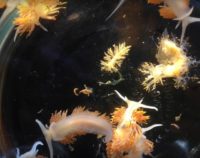
Japanese marine sea slugs photo: John Chapman
Another good news-bad news story. The good news is that the fears of radiation spreading across the Pacific from the Fukushima meltdown following the Japanese tsunami of 2011, have been wildly overstated. Yes, trace elements of radiation traceable to Fukushima have been recorded in Pacific fish, but they are barely above the level of naturally occurring background radiation. Or, as one analysis, described it, “turns out bananas are more radioactive than fish.”
The bad news is that the debris and trash propelled across the Pacific by force of the tsunami have acted as rafts for a wide range of invasive species, mostly invertebrates like mussels, sea anemones and crabs, which have been washing ashore on North American beaches for last seven years. The really bad news is that scientists are observing that many of these species are surviving and may, over time, pose a threat to indigenous plants and animals on the North American Pacific coast.

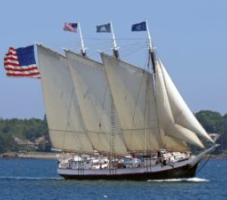 The grand matriarch of the Maine Windjammer fleet, the schooner
The grand matriarch of the Maine Windjammer fleet, the schooner 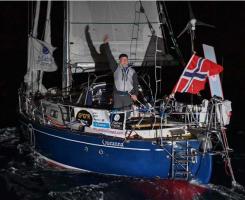
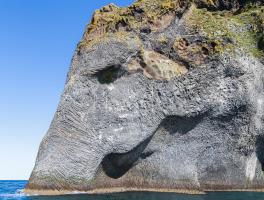 On the 21st of January, 1973, the island of
On the 21st of January, 1973, the island of  There have been several recent encounters between boats and whales. Fortunately, neither whale nor humans appear to have been injured. The most serious took place off the Jersey Shore.
There have been several recent encounters between boats and whales. Fortunately, neither whale nor humans appear to have been injured. The most serious took place off the Jersey Shore.
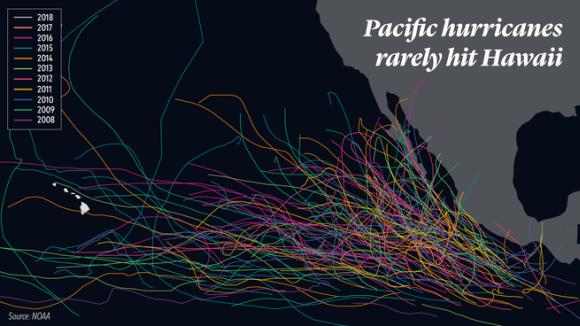 The good news is that Hurricane Lane has been downgraded to a Category 4 hurricane. The bad news is that it is still heading straight for the Hawaiian islands. The storm’s outer bands have been pounding parts of Hawaii’s Big Island with rain Thursday morning, triggering landslides and threatening serious flooding. The hurricane is the first major cyclone to make landfall in the state in 26 years when
The good news is that Hurricane Lane has been downgraded to a Category 4 hurricane. The bad news is that it is still heading straight for the Hawaiian islands. The storm’s outer bands have been pounding parts of Hawaii’s Big Island with rain Thursday morning, triggering landslides and threatening serious flooding. The hurricane is the first major cyclone to make landfall in the state in 26 years when 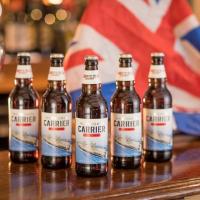
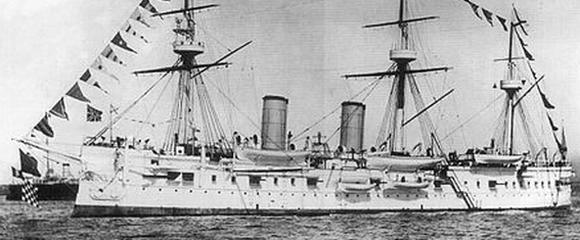 In July
In July 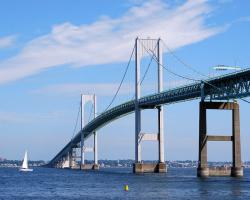
 The HMS Queen Elizabeth set sail yesterday from Portsmouth Naval Base bound for the United States. The 65,000-tonne carrier, the largest warship ever built for the Royal Navy, will embark two US F-35B test aircraft to begin the first flight trials.
The HMS Queen Elizabeth set sail yesterday from Portsmouth Naval Base bound for the United States. The 65,000-tonne carrier, the largest warship ever built for the Royal Navy, will embark two US F-35B test aircraft to begin the first flight trials.
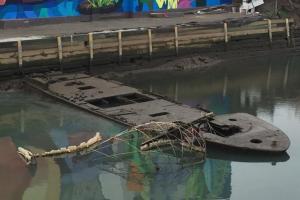
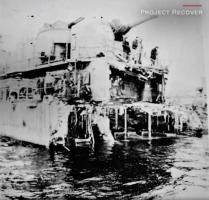
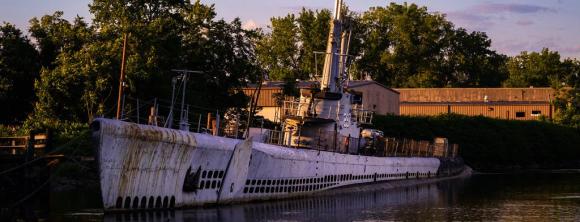
 We were deeply saddened to learn of the death of
We were deeply saddened to learn of the death of 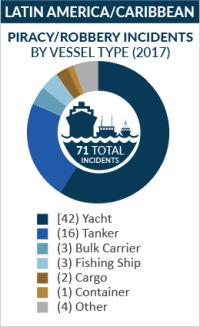
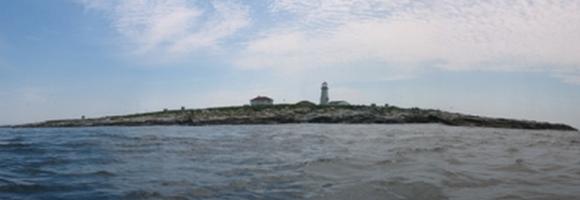
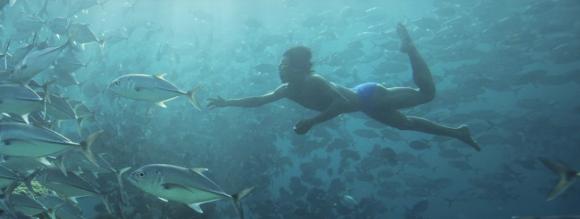 The
The